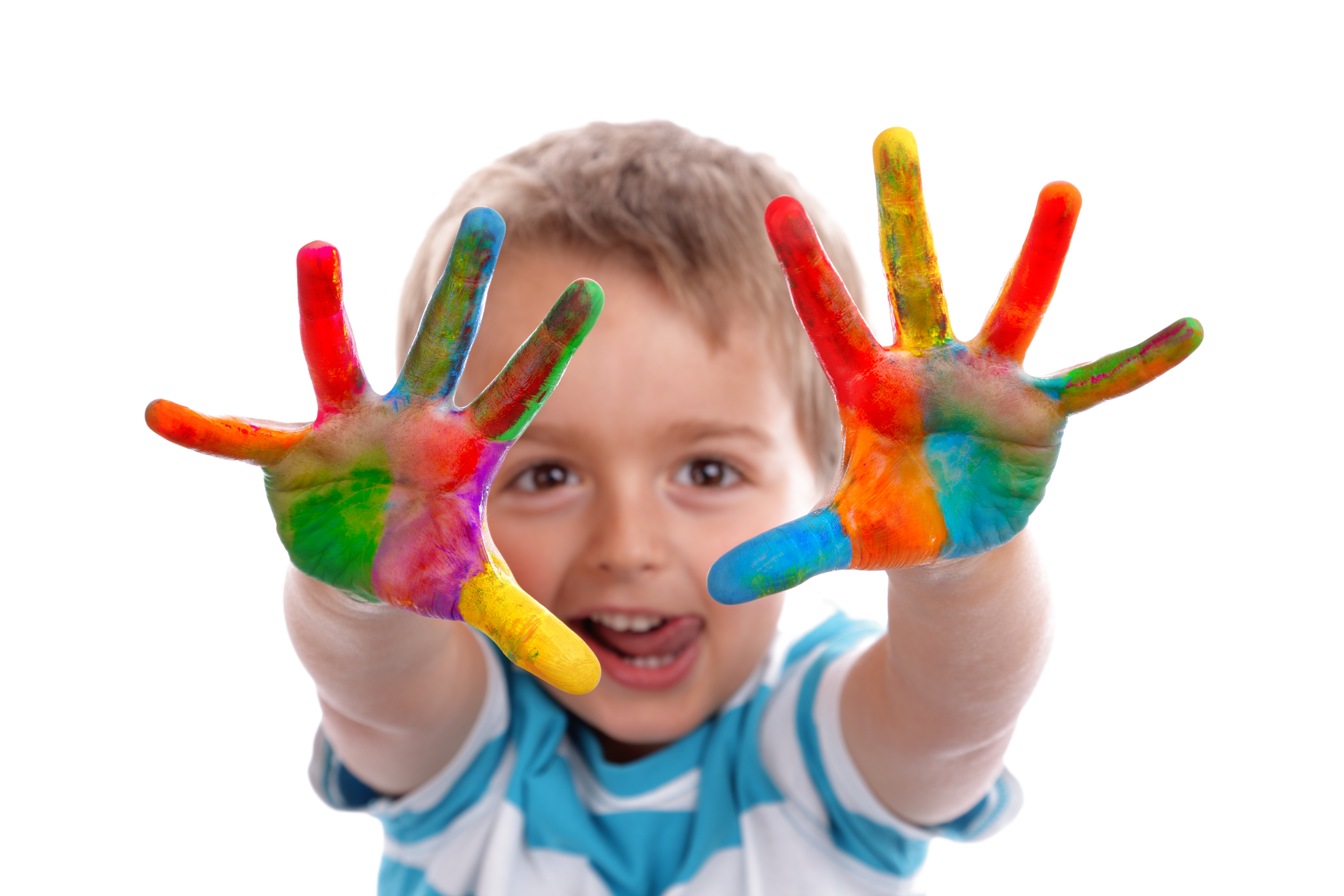Play Therapy From Child Therapist in Denver Metro Area
It is not uncommon for parents to hear the term “play therapy” and be slightly confused as to what it entails. After nearly two decades of working as a play therapist and serving as a child therapist in Denver, Dr. Kim Stokka Merendino has polished the art of working with young children and understanding their socio-emotional development. Observing and engaging with your child in play is one of the things she does best. While in play therapy, a child may express things that they were unable to verbally. For example, a child may say that they are doing well with their parents’ upcoming divorce; however, when they are playing, their behavior might show a different emotional response.
How Play Therapy Works
Play therapy is a form of therapy for children that was instituted to get a better understanding of the inner workings of a child’s developing mind. Children under the age of 8 often cannot effectively express themselves because they simply do not have a strong enough cognitive understanding of their emotions, surroundings, and behavioral expectations. By creating a scenario in which a child can be on their own turf and engage in play, Certified Counselor and Play Therapist Dr. Kimberley Stokka Merendino, is able to connect and understand them when they are unable to communicate how they truly feel otherwise. Dr. Kim has said that “play accesses a child’s internal world. In play therapy, we can find out how a child feels about things based upon their interactions in play.” Dr. Kim often finds that play therapy helps break down or eliminate barriers that children often subconsciously create. Children can feel pressure to say and do the “right things”; however, in play, they allow themselves to be open with their feelings and Dr. Kim can help them with their emotions in a play-based manner.
Typically, during the first 40 minutes of play therapy, Dr. Kim works with your child in the playroom (or “swing room”). Parents are invited to join during the end of the play therapy session. If your child feels more comfortable with you in the room during the entire session, this is also possible. The most important piece of child therapy is to assure that your child feels comfortable. The session may also include any adults that are consistently in your child’s life who might benefit from some play therapy time with your child and Dr. Kim. If parents are unable to attend the session, Dr. Kim will send an email afterward to provide a synopsis of the session. She is also willing to send an email in situations where parents do not communicate well with one another like during high-conflict divorce.
The Foundation of Play-Therapy for Children: Emotional Awareness
All humans learn through their understanding of good and bad experiences and how to interact with those two emotional responses. Dr. Kim does not, however, facilitate bad experiences in her play therapy practice. Instead, she helps to encourage positive responses to both good and bad experiences. By addressing issues that come up during play such as sharing, give-and-take, taking turns, imaginative experiences and more, Dr. Kim can help counsel your child better regulate their emotions. This regulation comes through the following:
-
Problem-solving with toys
-
Developing tolerance to frustrations
-
Navigating and understanding things that aren’t working
-
What to do when expectations aren’t met
-
Discussing your child’s emotional responses
-
Understanding how to demonstrate emotions in a variety of settings
Would Your Child Benefit from Play Therapy?
Every child has struggles, behavioral issues, and thousands of lessons to learn. These concerns do not necessarily mean your child would need to receive therapy of any kind. However, your child may benefit from play therapy and other assistance from Dr. Kim if they are struggling with any of the following:
-
Behavioral concerns at home or at school
-
Difficulty in maintaining or establishing friendships
-
Teacher or other caregiver has expressed concerns at school, daycare, etc.
-
Anything that a parent feels they struggle with every day without any progress
-
ADHD, however, with the diagnosis often not occurring until the age of 7, the treatment is preventative through coping skills and building your child’s toolkit for handling stress at their childhood age and into the future
-
Anxiety
-
Depression
-
Grief and Loss
-
Academic Challenges
-
Pre-, Active-, or post-decree divorces with two homes, two families, etc. and how your child navigates these changes

